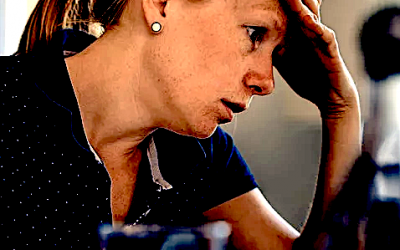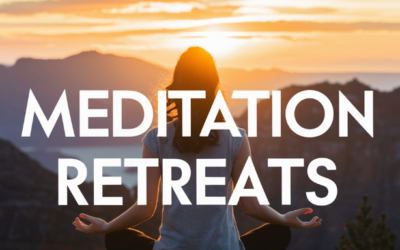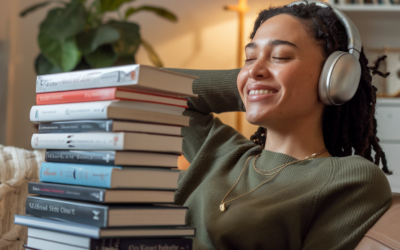With all the uncertainty, it's easy to naturally go into flight, fight or freeze mode and this can result in having our anxiety levels cranked up, but it doesn't always have to be this way. Anxiety can be reduced with meditation, not medication. Meditation does help manage anxiety, depression and pain, according to the 47 studies analyzed in JAMA Internal Medicine.
Meditative techniques are categorized as emphasizing mindfulness, concentration, and automatic self-transcendence. Popular techniques, such as transcendental meditation, emphasize the use of a mantra in such a way that it transcends one to an effortless state where focused attention is absent. Other popular techniques, such as mindfulness-based stress reduction, emphasize training in present-focused awareness or mindfulness.
Below are some of the meditations that many have found useful.
Top 5 Anti Anxiety Meditations.
1. Sam Harris. author, philosopher, neuroscientist, meditator and podcast host. His work touches on a wide range of topics, including rationality, religion, ethics, free will, neuroscience, meditation, philosophy of mind, politics, terrorism, and artificial intelligence.
He also is the host of the Waking up podcast and the Waking up Meditation App.
Sam is known for being highly intelligent, rational, logical and for atheism. He has a calm voice and in this meditation there is a lot of empty space. There is very little talking just focusing on the breath. If you want a calm meditation session, this one is ideal. It also has you recall people you love and feel immense gratitude for. Great meditation to be less anxious and less self concerned.
2. Thich Nhat Hanh is a global spiritual leader, poet and peace activist, revered around the world for his powerful teachings and bestselling writings on mindfulness and peace.Thich Nhat Hahn offers this short mindful meditation in his book Being Peace: “Breathing in, I calm my body. Breathing out, I smile. Dwelling in the present moment, I know this is a wonderful moment.”
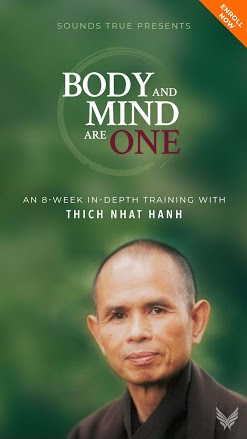 He is the man Martin Luther King called “An Apostle of peace and nonviolence.” His key teaching is that, through mindfulness, we can learn to live happily in the present moment—the only way to truly develop peace, both in one’s self and in the world.
He is the man Martin Luther King called “An Apostle of peace and nonviolence.” His key teaching is that, through mindfulness, we can learn to live happily in the present moment—the only way to truly develop peace, both in one’s self and in the world.
His meditation below is great for beginners. If you are interested in discovering more about meditations by Thich Nhat Hanh, he also has an online course available called 'Body and Mind are One'.
3. Jon Kabat-Zinn - is internationally known for his work as a scientist, writer, and meditation teacher engaged in bringing mindfulness into the mainstream of medicine and society. He is Professor of Medicine emeritus at the University of Massachusetts Medical School, where he founded its world-renowned Mindfulness-Based Stress Reduction Clinic (in 1979), and the Center for Mindfulness in Medicine, Health Care, and Society (in 1995). He retired from his positions at the medical center in 2000. The Center for Mindfulness has been under the leadership of Dr. Saki Santorelli since that time, and during those years, it has grown remarkably and its programs have become more and more influential both in the US and internationally.
He was trained in the Vipassana tradition of Buddhist meditation, and he had a hunch that if he pared-down the technique, it could help patients at the university's medical center.
"The idea was to actually... train these medical patients in Buddhist meditative practices, but without the Buddhism," says Kabat-Zinn.
One of his books is called Full Catastrophe Living: Using the Wisdom of Your Body and Mind to Face Stress, Pain, and Illness, teaches how to use natural, medically proven methods to soothe and heal your body, mind, and spirit. By using the practices, you can learn to manage chronic pain resulting from illness and/or stress related disorders, discover the roles that anger and tension play in heart disease, reduce anxiety and feelings of panic, improve overall quality of life and relationships through mindfulness meditation and mindful yoga.
Below is a body scan meditation by Jon Kabat Zinn. He has lots online to dive into but this one is a simple one to follow and ideal for getting into a calm state of mind.
He also does online meditation on Zoom calls. If you're lucky enough to get in, please attend! I've been on two so far and it felt instantly calming and an honour to be in the Zoom space with hundreds of other meditators during the pandemic.
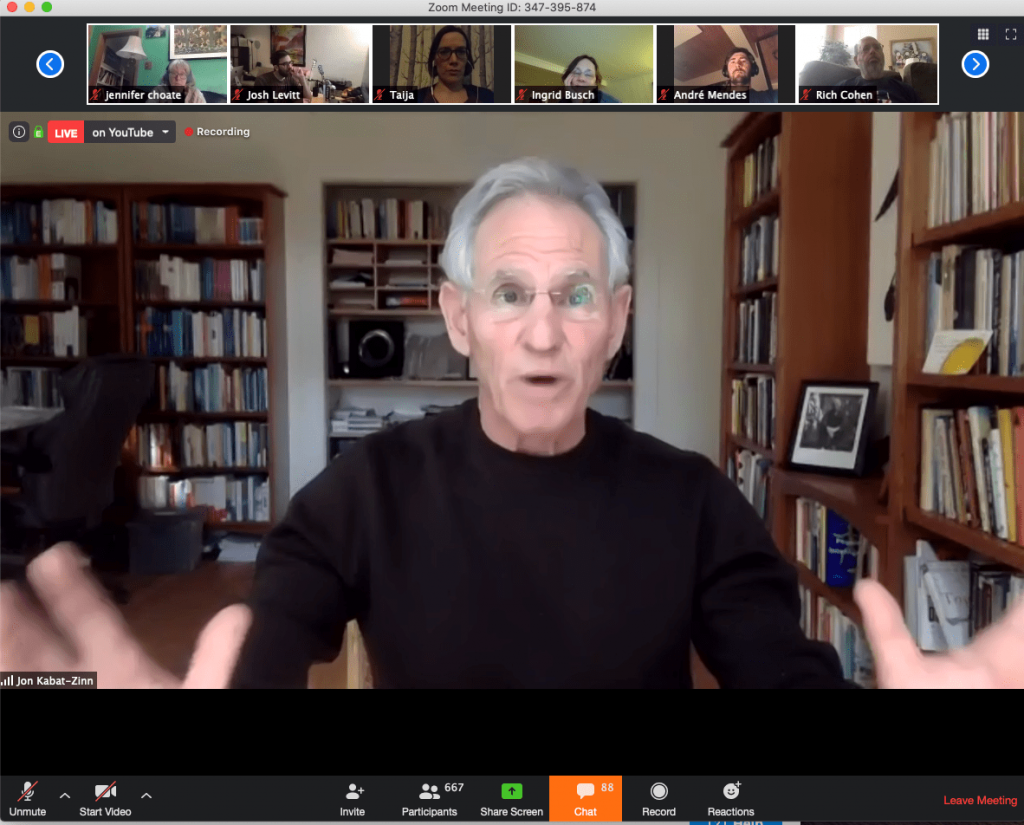
Here is the info to join his free live meditations online.
Zoom Link: https://zoom.us/j/92482566387
(Limited to the first 1,000)
Join Online: www.wisdom2conference.com/live (No limit) You can also watch past sessions here.
Time: 11 AM PDT (2 PM EDT)
When: Daily Monday - Friday, May 4th - May 8th
Tuesday and Thursday, please stay on for community conversations following the session. Noon PDT. Link is www.wisdom2conference.com/group1
Feel free to spread the word! They can Sign Up Here >>>
Also, Jon Kabat-Zinn is offering a free training on mindfulness.
4. Ronald D. Siegel, PsyD, is Assistant Professor of Psychology, part time at Harvard Medical School, where he has taught for over 30 years. He is a long-time student of mindfulness meditation and serves on the board of directors and faculty of the Institute for Meditation and Psychotherapy.
Dr. Siegel teaches internationally about mindfulness and psychotherapy and mind–body treatment, has worked for many years in community mental health with inner-city children and families, and maintains a private practice in Lincoln, Massachusetts. He is the coeditor of the acclaimed books for professionals, Mindfulness and Psychotherapy and Wisdom and Compassion in Psychotherapy: Deepening Mindfulness in Clinical Practice, and coauthor of the new professional text, Sitting Together: Essential Skills for Mindfulness-based PsychotherapySitting Together: Essential Skills for Mindfulness-based Psychotherapy.
At last count he has 15 free meditations on his download page. Most of them are 15 minutes long or so. Some available are the body scan meditation, breath awareness meditation, separating the two arrows and many more. The one you might find calming is the Loving Kindness meditation. It's a 28 minute investment into relaxation that is easy to follow.
Here is the link to his meditation download page.
https://mindfulness-solution.com/downloadmeditations/
5. Tara Brach holds a PhD in Clinical Psychology and teaches meditation internationally. She is the founder and senior teacher of the Insight Meditation Community of Washington, DC (IMCW), Tara is the author of the bestselling Radical Acceptance and her latest book, Radical Compassion. Her skills combined with her calming voice are always soothing. Relaxing, transporting and she has years of great reviews.
In the video below, Tara Brach leads a guided meditation called Opening and Calming. This meditation guides us in collecting and quieting the mind with the breath, and then relaxing all effort, and simply resting in what is. Some of the reviews are also posted below.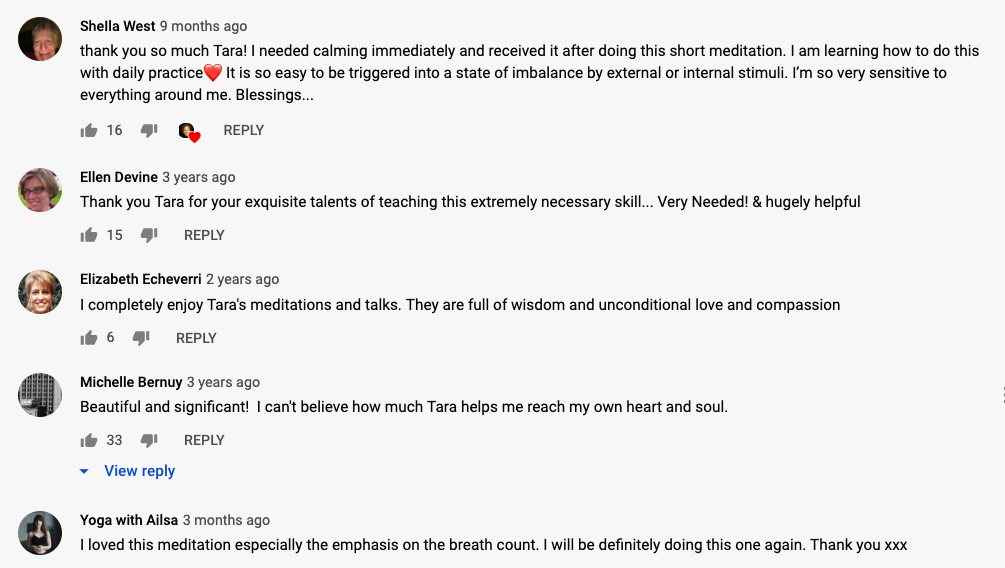
Tara Brach also has an online course with Jack Kornfield called 'Awareness' you might want to sign up for.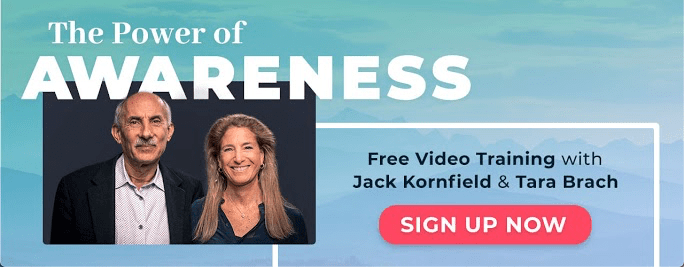
6. Richard Davidson Ph.D. is the William James and Vilas Professor of Psychology and Psychiatry at the University of Wisconsin–Madison and the Founder and Director of the Center for Healthy Minds. He is best known for his groundbreaking work studying emotion and the brain.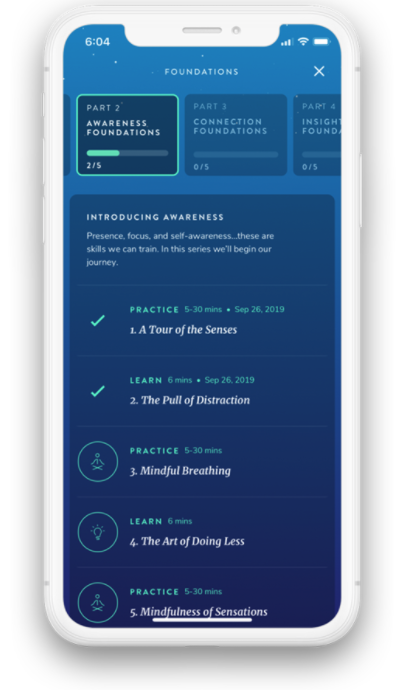
A friend and confidante of the Dalai Lama, he is a highly sought after expert and speaker, leading conversations on well-being on international stages such as the World Economic Forum, where he serves on the Global Council on Mental Health. Time Magazine named Davidson one of “The 100 Most Influential People in the World” in 2006.
He has a free app with meditations that you might benefit from.
Richie is also the author of Altered Traits: Science Reveals How Meditation Changes Your Mind, Brain, and Body. He did a meditation in April 2020 to help stay calm and cultivate well-being which you can meditate with in the video above.
7. Jaggi Vasudev, generally referred to as Sadhguru, is an Indian yogi and author.
In this meditation he dives straight in.
What to expect: He asks to tense your muscles and relax them. This helps your body generate the relaxation response.
Expect to be tensing your muscles like a body scan induction but instead of relaxing that muscle, you will tense it up so that when you finally release the tension, your body can reach a deeper state of relaxation, perfect for letting your body begin calming anxiety. After you muscles are relaxed, he goes into a special breathing that you can follow along. Then he has you visualize your cells lighting up with white bright light and spreading throughout your body. Relaxing and enjoyable meditation with a guru!










